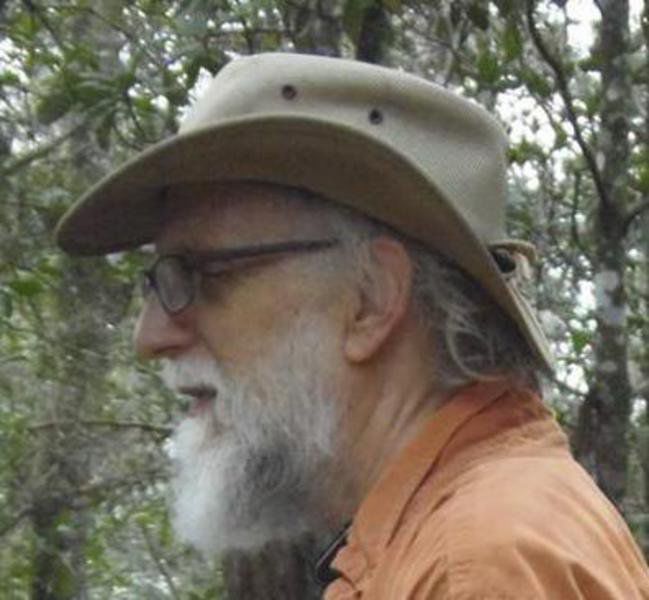Water quality needs testing
Published 9:00 am Friday, February 1, 2019

- John S. Quarterman
A December upsurge of raw sewage spills from the City of Valdosta, Ga., has a dozen downstream counties organized into a task force, demanding action from Florida state legislators. But what action?
I recommend first getting a grip on the extent of the problem, funding keeping that picture up to date and then funding fixes.
Valdosta spilled not just twice, but two dozen times in December, totaling more than six million gallons of raw sewage. And Tifton, Quitman and Lowndes County also spilled.
We know this because the Georgia Environmental Protection Division is publishing statewide spill reports each business day, after a campaign by Suwannee Riverkeeper’s umbrella organization, WWALS Watershed Coalition, involving 30 Florida and Georgia organizations.
Valdosta’s weekly river water quality testing shows bacterial contamination even when there are no spills, but Valdosta is reducing its testing from weekly to only monthly.
WWALS has started a water-quality monitoring program to see how far spills affect the rivers, when the rivers are affected without spills and what are the other sources of contamination.
The state of Florida is doing a surprising amount of testing, especially at springs. Yet there are gaps from the state line downstream. The state of Florida could fund and direct the Florida Department of Environmental Protection to fill those gaps.
The Georgia legislature could fund and direct the Georgia Environmental Protection Division to test regularly upstream and downstream of Valdosta, Tifton and Quitman.
Or since Valdosta is by far the biggest source of sewage spills, maybe GA-EPD could direct Valdosta to do further testing (or to fund it) as part of the consent decree GA-EPD already has with Valdosta.
In December, the Valdosta City Council authorized another quarter million dollars in sewer system improvements, including a Supervisory Control and Data Acquisition system for fast internal notification. That would have been useful last January, when a spill that could have been stopped ran for hours. What else wasn’t already in place?
The December rains that overflowed Valdosta, Quitman and Lowndes County were not even double the average monthly summer rains. Should we expect more spills this summer?
All Suwannee River Basin cities need to plan for peak projected rain, not just average. We need risk management.
We are all appreciative of the $60 million Valdosta already spent on sewer system improvements and more to be spent.
However, as by far the biggest city in the Suwannee River Basin, Valdosta has a responsibility to finish the job.
Florida (and Georgia) legislators could help by allocating funds. In Florida, water quality testing funds are the most obvious. In Georgia, testing and more sewer system improvement money would help.
Threats of lawsuits have gotten attention to the problem, and this all may result in lawsuits. Then testing and funding will still be needed. So let’s start with testing and funding.
John S. Quarterman is the Suwannee Riverkeeper. He lives in Lowndes County.



